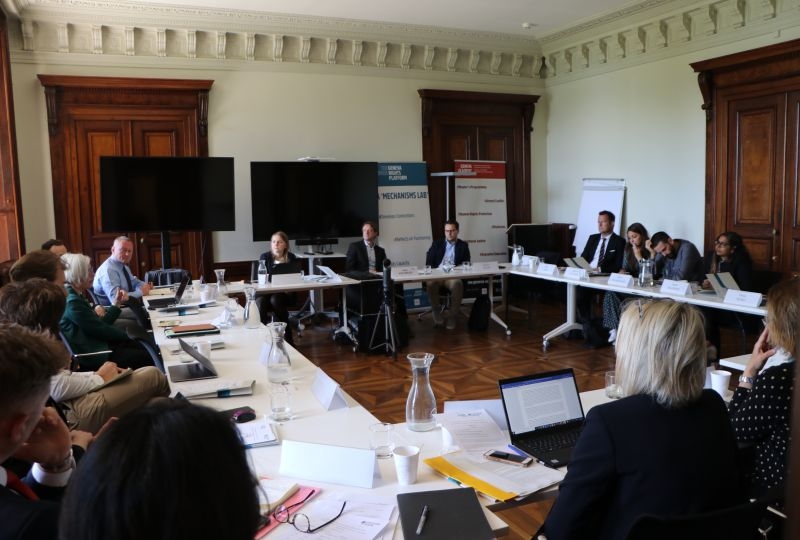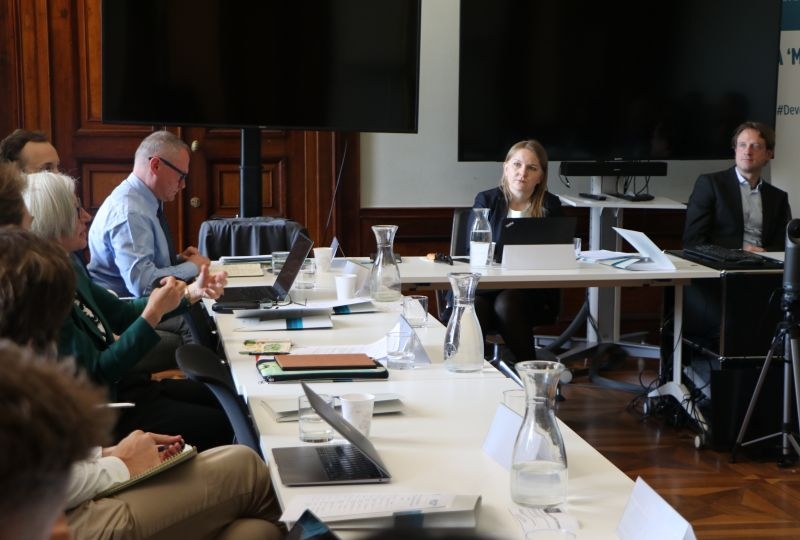Experts notably addressed key questions like the appropriate role of human rights in AI governance, whether human rights help to streamline and concretise AI ethics and regulation, as well as whether human rights have sufficient scope to address the challenges of AI.
‘We had in-depth discussions on the processes that government and companies should follow in order to meet AI human rights standards, ranging from the prohibition of troubling forms of AI, to review mechanisms such as assurance, audit, and oversight, to the transparency of AI and remedies for harms’ explains Felix Kirchmeier.
Key issues in these processes are how human rights communities – at the international organisation, governmental, and civil society levels – can play an effective role in the development of AI governance, as well as how to ensure that the human rights discussions and tech discussions don’t take place in ‘separate but parallel’ worlds he adds.







